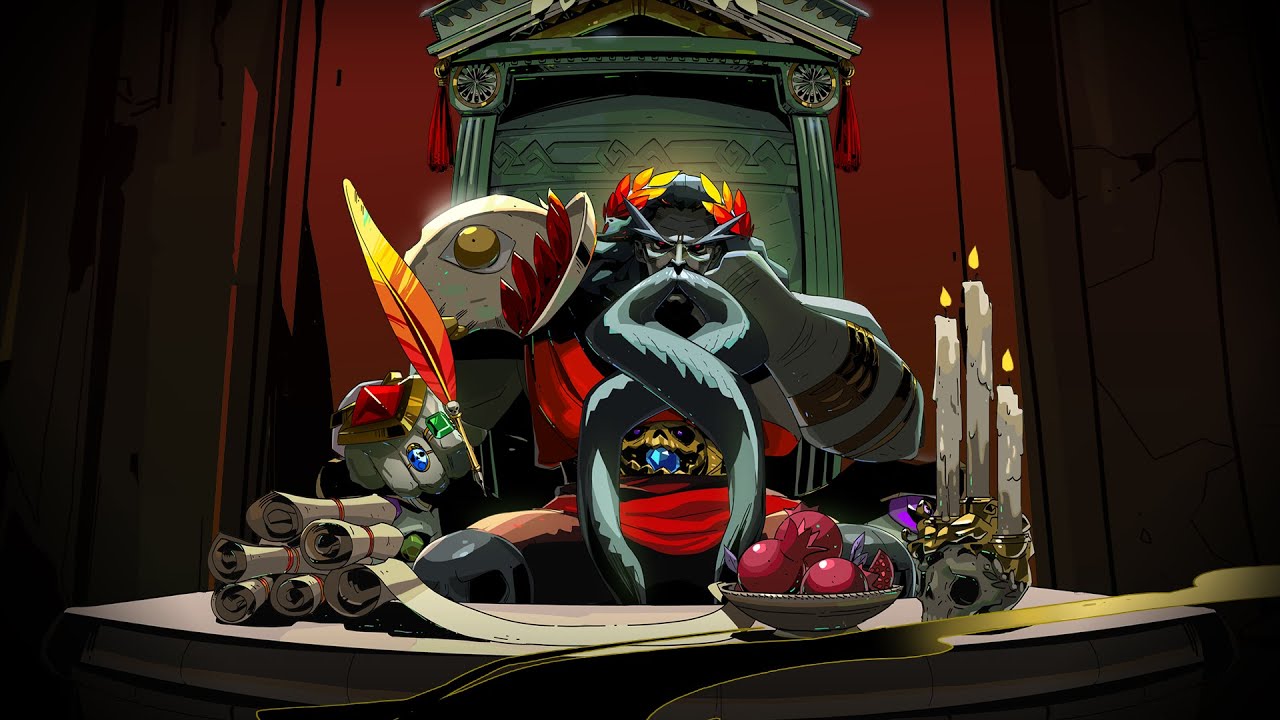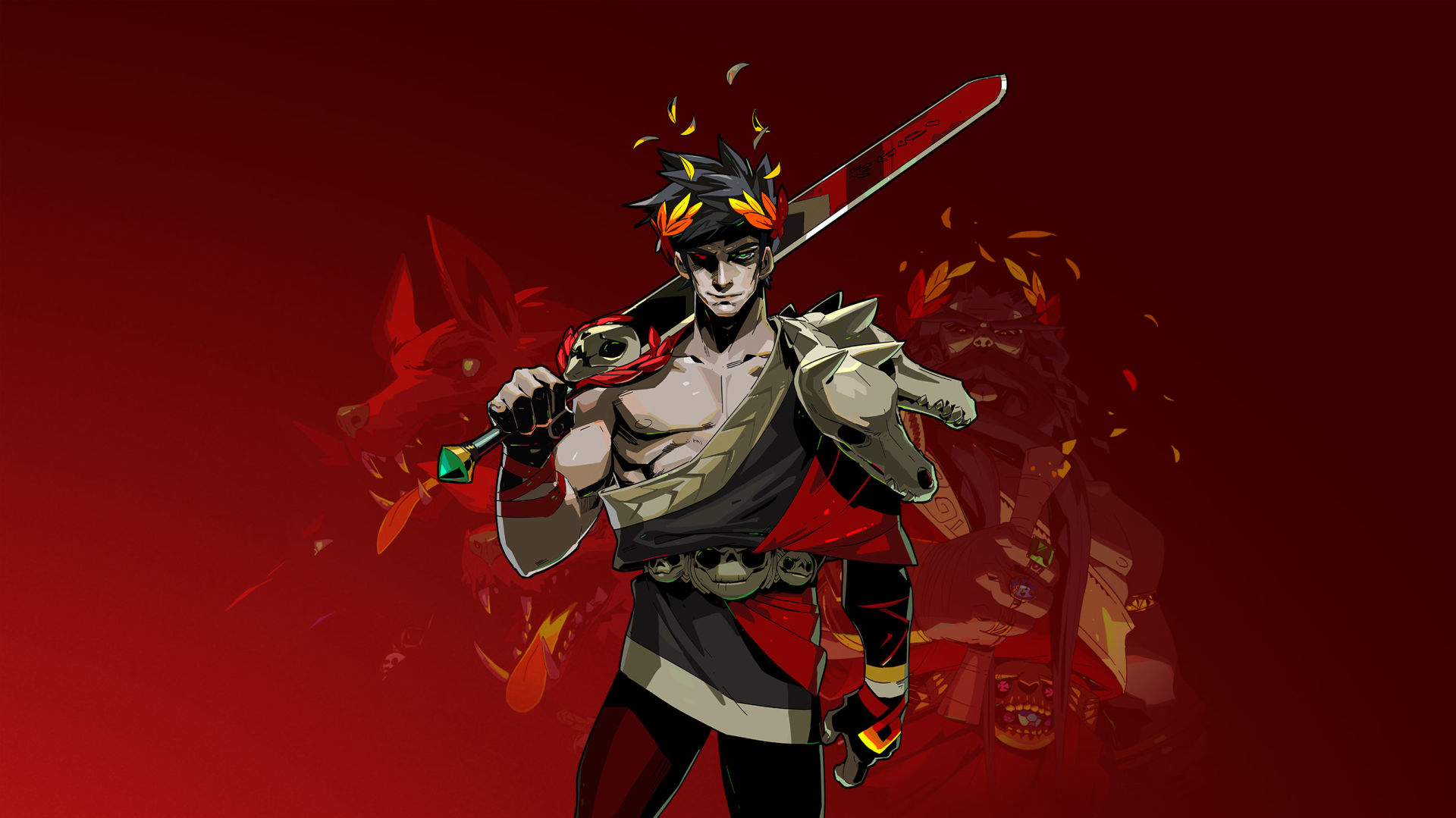Ever since Supergiant Games announced Hades last year, I’ve been going back to it every now and then during its Early Access period through the Epic Games store. Combat is fun and engaging, the atmosphere already has a solid foundation, and both the art style and soundtrack matches the quality of past works from the studio.
But so far, the element I’ve been loving the most is witnessing how it acknowledges roguelites’ nature, and embraces it by following the studio’s signature style around narrative.
The genre is an intriguing choice, to say the least. Bastion and Transistor are action RPGs, although the latter also added real-time strategy elements. Pyre introduced itself as an ambitious mix between a visual novel and its own sports game within. All these games shared a same sentiment, focusing on delivering a powerful narrative with unique worlds and memorable characters.
Hades breaks with the tradition by diving into something new. The foundations aren’t new since they’re based on Greek Mythology, so it’s the first time we get to see Supergiant working on an already established base (although Mythology leaves a lot to interpretation, which makes it even richer to examine and worked upon).
Another plus is that they didn’t ditch the top-down perspective or introduced a completely different genre either, since Hades is pretty much focused on action than everything else.
The roguelite factor, on the other hand, it’s what changes things up. It’s easy to tell they knew how to add what made their games so interesting into the mix early on, especially how New Game+ works in their projects.
Playing as Zagreus, son of the god of the Underworld, you’ll have to fight your way through the different floors and stages of this realm. Every time you perish in battle, you end up rising again from a pool of blood right at home.
“There’s no escape,” Hades tends to repeat at you. But you continue either way.He doesn’t wake up in just a normal hub. At the end of the day, it’s still his home, even if he’s trying to escape from it.
In both Bastion and Transistor, New Game + was tied to each main story, and carried a deep meaning behind it. You could notice things going differently early on, or even hear references from the characters about what did or didn’t happen during your first walkthrough. It almost felt mandatory if you wanted the whole experience.
Retrying is part of a roguelite’s core, and in the hands of Supergiant Games it feels like almost an endless cycle where they can keep experimenting in the afterlife. Zagreus’s dialogues, and how he reacts to certain moments or reminiscences past defeats, play a big part on this.
First of all, this is the first main character from Supergiant Games that actually has a voice and doesn’t rely almost entirely on a narrator or multiple characters to back them up. You hear Zagreus from the very first moments, and while I’d never change this from previous games, it certainly helps for the character to stand out.
This leads to interactions with enemies and death itself that makes the character become much more connected with the player’s experience. During one of the first boss encounters I faced, which takes you into battle against two skeleton twins, I heard Zagreus calling them stupid as he was raising from his death after the first defeat.
I continued for a couple of more runs, and it took me a while to get to that fight once more. “You again?” said Zagreus, and he even let out a “That’s for last time,” when I finally achieved victory.
In a recent run, I had been juggling through multiple rooms with less than half of my health. Finally, I had entered a room that would give me a healing item as a reward. I just had to fight might way through it. I was doing just fine, but traps dealt the finishing blow as I was dodging from enemy projectiles. “No, no, no, wait!” said Zagreus, as he once more perished.
All these interactions create short, yet unique moments that ever last in my memory long gone after I stop playing. It’s still early to say, but Hades might be the first game in the genre that I’m interested in experiencing it fully. Others in the genre might have stories on their own, but I feel a sense of purpose here after each encounter or failed run. I almost feel guilty for being so bad at the game sometimes.
Hades acknowledges its nature, and it feels like an extension of something that Supergiant has been building with New Game+ over the years, giving replayability a narrative sense both in small chunks and onto a bigger picture. I can’t wait to see how it continues to unfold until the final version.









Published: Apr 16, 2019 05:05 pm